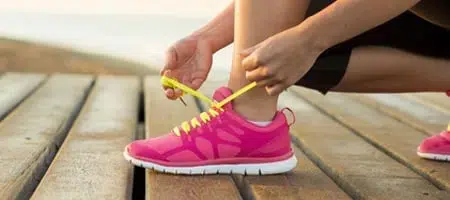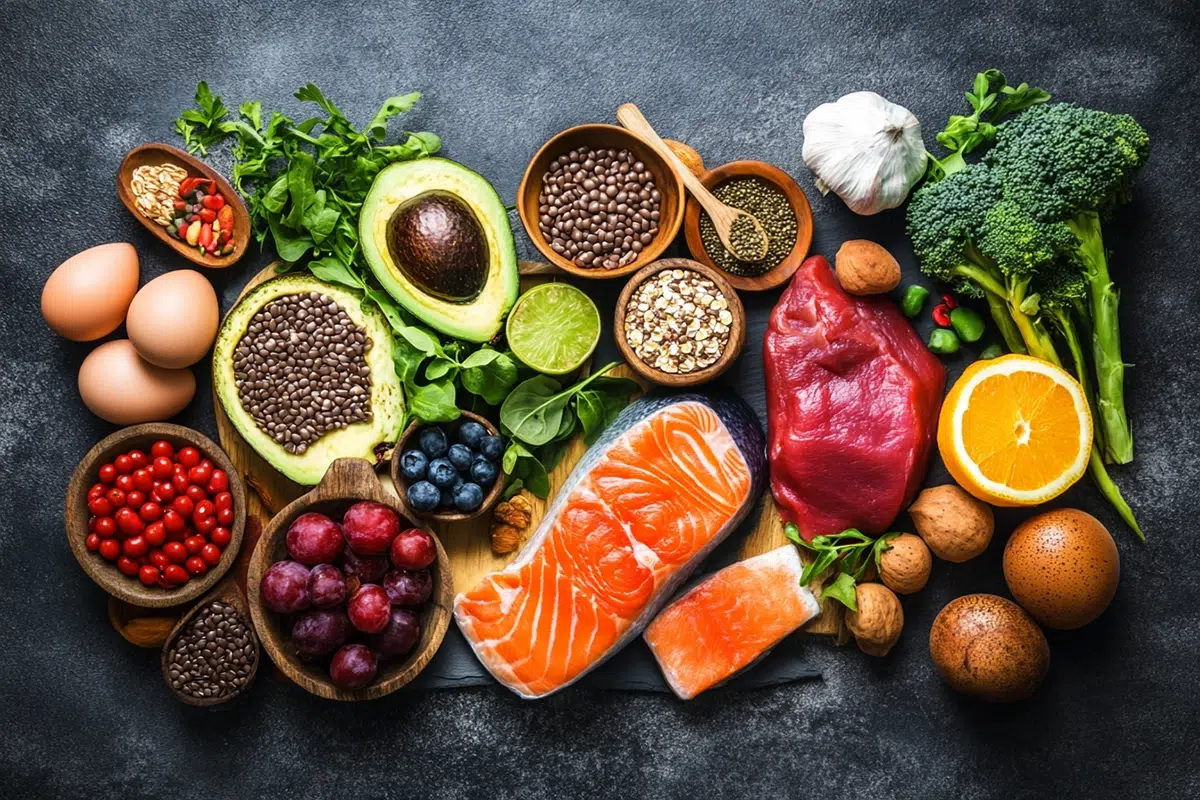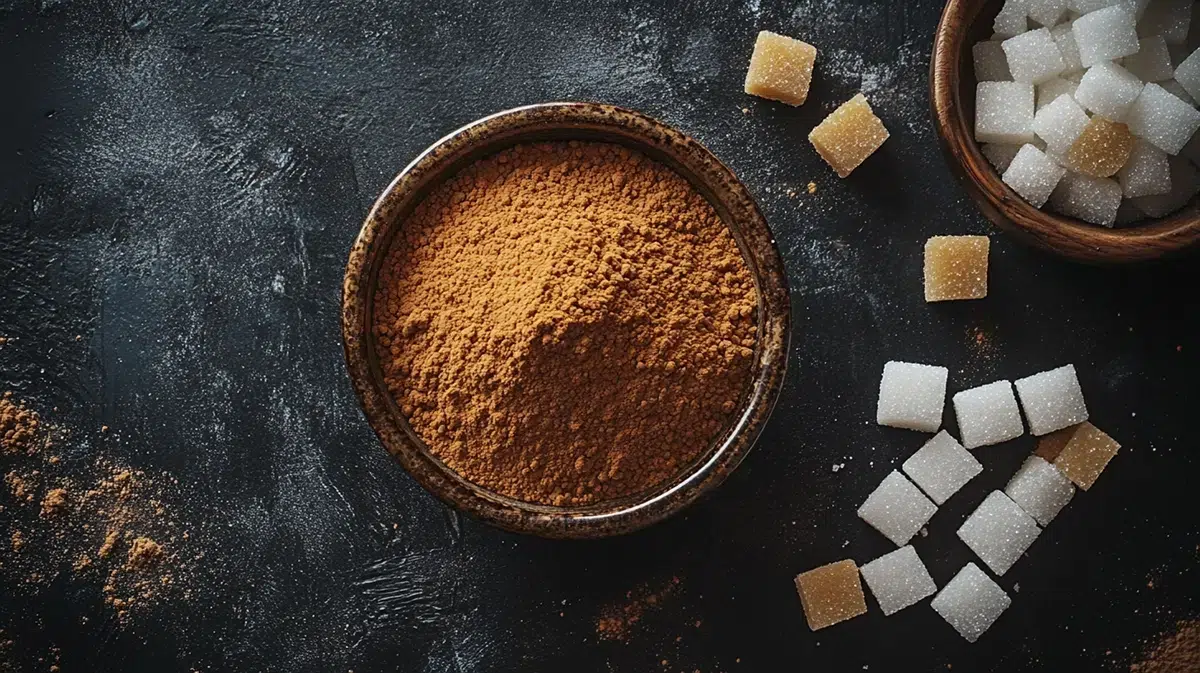Show summary Hide summary

Losing weight is a common goal for many people, but it is important to do it in a healthy and balanced way. One of the first steps to lose weight is to understand how many calories your body needs in order to maintain your current weight, and how many it needs to lose weight.
Use the calculator below to determine your daily calorie intake and find out what is the right number of calories you need to cut off to achieve a healthy and long-lasting weight loss.
Don’t forget that getting back into shape is not just a question of what you eat (calorie intake), but also of your daily physical activity (energy expenditure). Regular activity increases your Basal Metabolic Rate (metabolic expenditure while at rest) and helps you achieve long-term weight loss maintenance.
Discover Other REGIVIA Calculators
How many calories do you need a day to lose weight?
If you want to lose weight, it’s easy to say that all you need to do is reduce your calorie intake to create a deficit and lose weight with complete peace of mind. That’s not wrong, but it’s a simplistic view of the problem. To lose weight sustainably, it is generally recommended to reduce your calorie intake by 500 to 1000 calories a day, but this varies from one individual to another.
Don’t hesitate to consult a health professional who will be able to monitor and support you. However, it is important not to go below 1200 calories a day to avoid nutrient deficiencies and negative effects on health. It’s also important to maintain a balanced diet and consume enough protein, healthy fats and fibre to help you feel full and maintain muscle mass.
How to reduce your daily calorie intake

When you want to lose weight, reducing your daily calorie intake means rebalancing your diet with a balanced diet. We will also see below that increasing expenditure can be an interesting factor for those who want to lose weight over the long term. Increasing expenditure does not necessarily mean becoming a great athlete, but rather being sufficiently active in our everyday lives. Remember that a sedentary lifestyle is still the main cause of obesity!
To find out how many calories you need to lose weight, you also need to know your basic metabolism (the basic calorie requirement for vital functions) and your actual requirement (the requirement for your daily activities). This need varies from person to person. It is influenced by our age, height, weight and level of activity, and is not the same for men and women.
Let’s take an example:
Let’s take the example of Mrs Durand, a 30-year-old woman, 1.70 m tall, weighing 75 kilos, with a sedentary lifestyle. Her calorie needs are 2097 kcal per day. She desperately wants to lose 5 kilos!
Knowing that 1 kilo of fat is equivalent to approximately 7700 kcal, she will need to reduce her daily intake by 256 kcal to lose 1 kg per month and therefore 5 months to achieve her goal. Alternatively, she could reduce her daily intake by twice as much, i.e. 512 kcal per day, from 2097 kcal to 1585 kcal per day, to lose 2 kg per month and achieve her target of 5 kg in 2.5 months.
Increase your activity levels to lose weight faster
As we saw in the example above, a reasonable reduction in food intake will help you lose weight. But to achieve her goal more quickly, Mrs Durand, who has a very sedentary lifestyle, would do well to look at her level of physical activity. This is essential both for her weight loss and for her general health. It’s also worth remembering that sport is an excellent mood enhancer, so Mrs Durand will undoubtedly have everything to gain for her morale. A better mood also means less compulsive eating.
How to increase your activity levels

To increase her level of physical activity, Mrs Durand can start by making good resolutions on a daily basis.
Leaving her car in the garage and knowing that she has a (15-minute) walk to work, she will spend the metabolic equivalent of 118 kcal/day on this (30-minute) round trip.
More energetic, Mrs Durand will soon decide to take up swimming again (2 hours a week), at a moderate pace, for a new calorie expenditure of 945 kcal/week. She’ll go for a few walks at the weekend (2 h) for a total of 473 kcal/week and go for a 20-minute stroll in town during her lunch break for a total of 79 kcal/day.
Let’s sum up the positive effects of physical activity on Mrs Durand:
- Commuting to work: 118 kcal/day = 2360 kcal/month
- Swimming: 945 kcal/week = 3780 kcal/month
- Walking in town: 79 kcal/day = 1580 kcal/month
- Weekend walk: 473 kcal/week = 1892 kcal/month
Mrs Durand’s new expenditure is 9612 kcal, i.e. a monthly loss of 1.25 kg.
To calculate your energy expenditure by sport, go to this page: Calculating energy expenditure in calories by sport and activity.
Remember that physical activity is also a key factor in losing weight and keeping it off over the long term. Exercise helps to burn extra calories, build muscle mass and improve overall health. It is recommended that you do at least 150 minutes of moderate physical activity or 75 minutes of vigorous physical activity per week. To find out more, take a look at our file on the benefits of walking.
3 Different ways to lose weight and reduce your calorie intake
Which method should you choose?
Approach 1: Reducing calorie intake from your diet

Reducing your calorie intake is a very good thing, because by rebalancing your diet you will see results in the long term.
However, without calorie expenditure and if your diet is too restrictive, you run the risk of depriving yourself and therefore putting your body into survival mode. It will remind you of this at the slightest excess, because you will have accustomed it to coping with scarcity.
Approach 2: Increasing energy expenditure

Your body needs it and you’re doing your health good. Regular physical activity allows you to work on your breathing and keep your cardiovascular system in tip-top shape.
However, if your diet remains anarchic, and you compensate for your efforts by eating more, your efforts will not be rewarded and you will feel less competitive in your activities.
Approach 3: Balancing intake and expenditure

You rebalance your diet with a tenable, non-excessive programme aimed at healthy eating over the medium term, while gradually increasing your calorie expenditure! This is undoubtedly the best method, and it’s the method used by sportsmen and women – don’t believe that their athletic bodies are essentially linked to training.
To sum up, losing weight in a healthy and sustainable way involves understanding your daily calorie requirements, reducing your calorie intake in a balanced way and combining this with regular physical activity. It is important to consult a healthcare professional for advice tailored to your individual needs. By following these steps, it is possible to lose weight in a healthy and sustainable way to achieve your long-term health goals.








